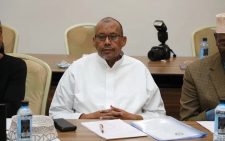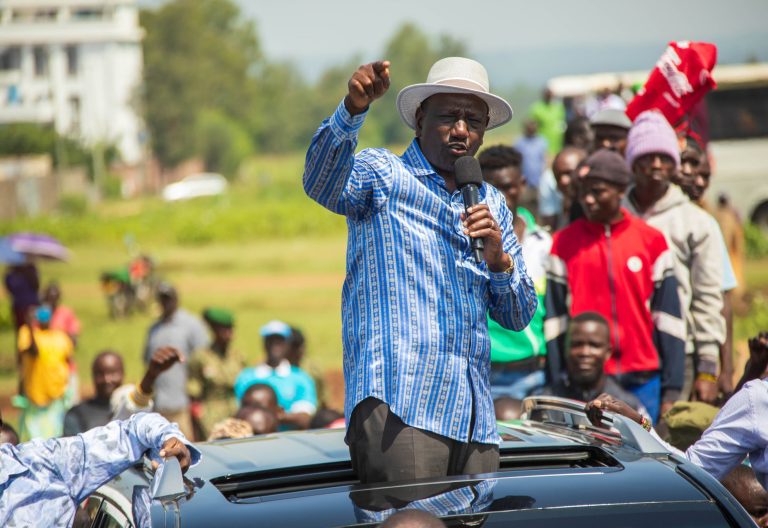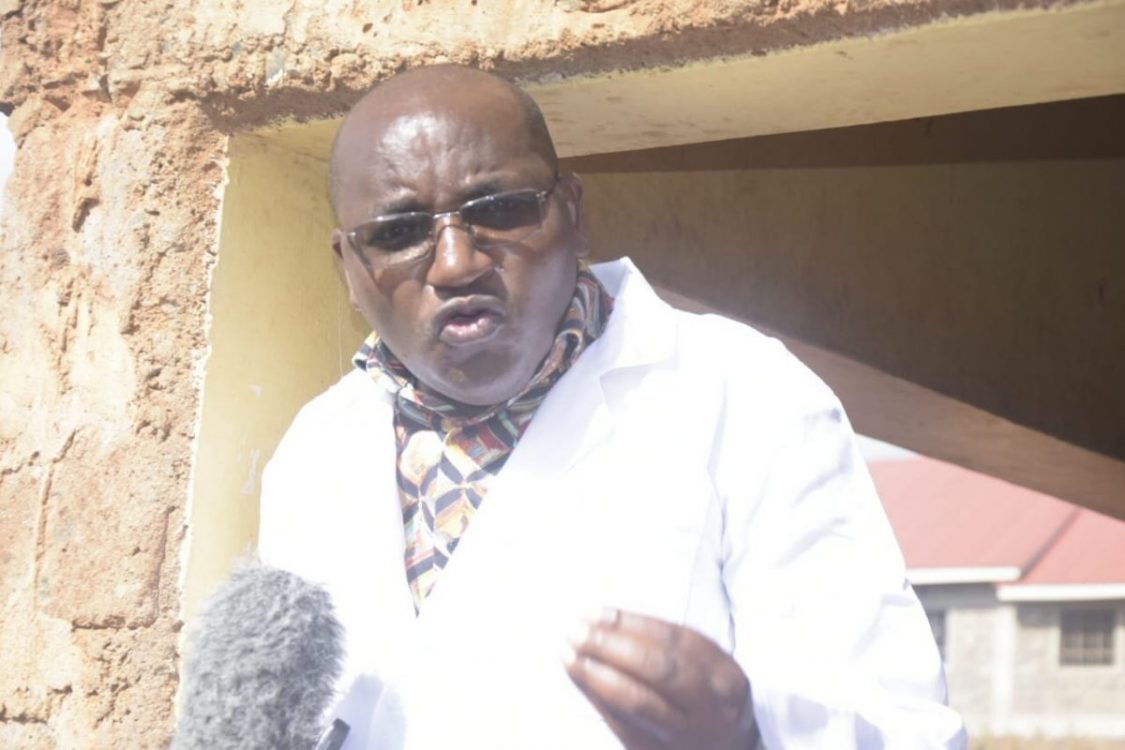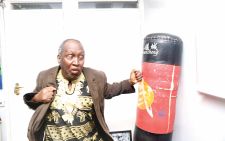Women political representation begs for attention
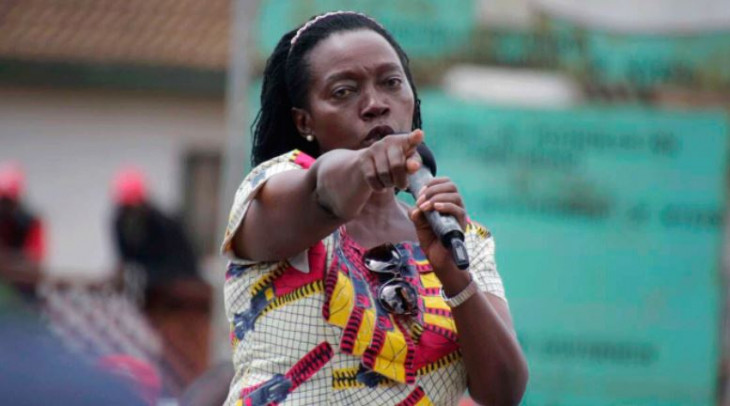
Kenya’s women have in recent years made significant strides in their efforts to take up more leadership roles. Unfortunately, this electioneering period that has earnestly started is not appreciating the efforts our women have made.
Once again, women’s efforts to get into electoral positions are being frustrated by obstacles erected by society that include political violence and patriarchal attitudes as reported in some pockets of this country.
As elections draw close, we should, reflect on how we can address barriers to leadership which women face and draw lessons from the milestones they have so far made.
In the last General Election, Kenyans, for the first time, elected three female governors. We also have 23.3 per cent of parliamentarians as women, which has been an improvement every election. This election should also reflect these gains.
The 2010 Constitution created the Woman Representative seat in the National Assembly to boost their numbers. We have also entrenched gender issues in legislation, policies, budgets, plans and institutional framework, mainstreamed gender in public and private life, established affirmative action programmes, availed resources and set gender quotas in various sectors.
It raises concern that we are ranked poorly by the United Nations Development Programme Gender Development Index based on 2018 data at 110th. We should improve this ranking by enhancing gender parity in politics, economy and society. Females are the most vulnerable gender when it comes to having a fair share of the political space.
While women have made significant inroads into politics in recent years, their involvement has spurred attacks, intimidation and harassment in many parts of the country and online.
Paving the way for more women in the political, business and the civic arena is an investment in more just, equitable, and peaceful societies.
In the past elections, there have been pitifully few female candidates. Only seven per cent of national assembly members are women – without including the affirmative seats.Women and men should compete on equal footing in elections. But gender-based violence on and offline is undermining women’s opportunities.
Women face a lot of challenges when vying against their male counterparts for elective positions. We must protect women against violence, and do away with biases, stereotype and traditional beliefs and cultural practices that discriminate against them.
Although Kenya has attempted to address rising incidents of violence against women by enacting specific laws and policies, goodwill by all actors has been lacking.
The Constitution requires that women form at least a third of the representation in Parliament and to achieve this, they must seek elective positions rather than wait to be nominated into posts. We have failed to implement this requirement, hence the reason why women must take the initiative.
Despite Kenya being a dominant political and economic powerhouse in the East Africa region, it has remained the only country yet to achieve affirmative action for gender representation in Parliament.
Until recently, lack of data and the stigma attached to gender-based violence in many societies, has kept violence against women in elections on the margins of study.
—The writer is a Public Policy analyst —raphojuma@hotmail.com





